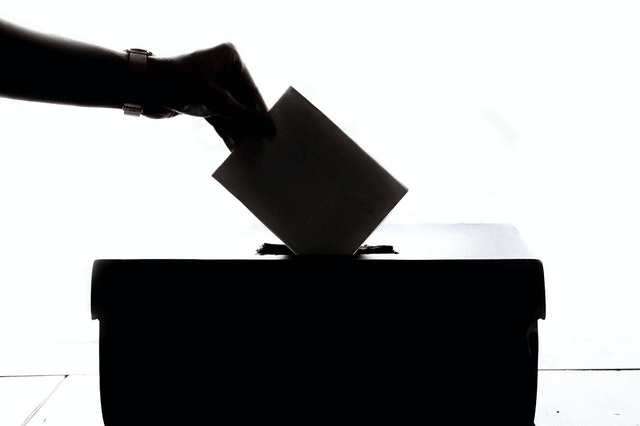Abuja – Nigeria’s ruling party on Saturday postponed for a week a primary vote to choose its candidate to replace President Muhammadu Buhari in the 2023 presidential elections.
A day before the primaries were scheduled to start, Buhari’s All Progressives Congress or APC pushed the vote to June 6 through June 8, the party said in a statement.
The APC said the decision followed a ruling by electoral authorities to extend a deadline for the submission of potential candidates’ names for the primaries.
The APC gave no further details, but the ruling party has been caught in fierce wrangling over who should run, including former Lagos governor Bola Tinubu and current vice president Yemi Osinbajo.
ALSO READ | Nigeria sets new date for 2023 elections
Buhari has not endorsed any candidate and some analysts expect him to seek a consensus nominee to keep the APC’s factions together ahead of the February 2023 general election.
An alliance of smaller parties drawn together for Buhari’s 2015 election win, the APC has often struggled to contain internal divisions.
Opposition party Peoples Democratic Party or PDP was scheduled to start its primaries on Sunday for its candidate to govern Africa’s most populous country.
Delegates from the PDP were gathered in the capital Abuja to vote for candidates, including long-time presidential challenger Atiku Abubakar, former senate president Bukola Saraki and Aminu Tambuwal, the Sokoto State governor who enjoys strong support in mostly Muslim northern Nigeria.
ALSO READ | Nigeria parties set to name candidates for 2023 election
Since its return to civilian rule from a military dictatorship in 1999, Nigeria has held six national elections, which were often marred by fraud, technical difficulties, violence and legal challenges.
In 2019, when Buhari was re-elected, the Independent National Electoral Commission was criticised for delaying the initial vote by a week. Abubakar, who lost to Buhari, challenged the results in court.
Buhari, 79, leaves after two terms with Nigeria still struggling to end a more than decade-long jihadist conflict in its northeast and a wave of violent banditry in its northwest.
Africa’s largest economy is also still recovering from the impact of the coronavirus pandemic and fallout from the Ukraine war that has pushed up fuel and food prices across the continent.
Follow African Insider on Facebook, Twitter and Instagram
Source: AFP
Picture: Pexels
For more African news, visit Africaninsider.com


